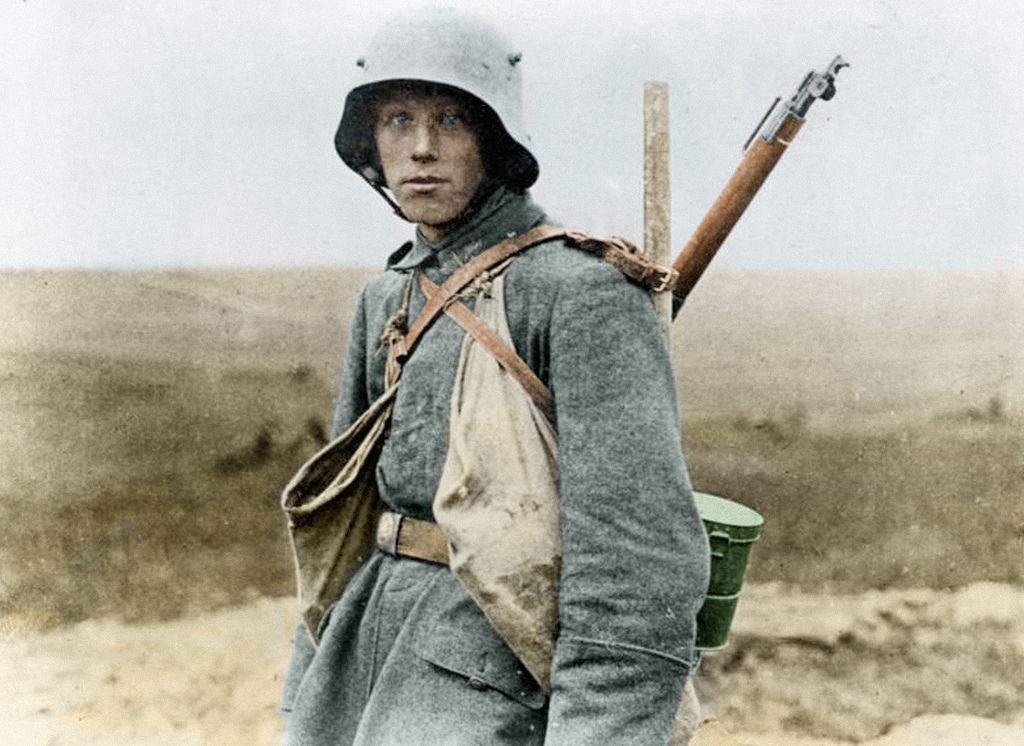All Quiet on the Western Front

In an attempt to broaden my blogging horizons, I decided to pick up Remarque’s ‘All Quiet on the Western Front’. Whilst not a classical non-fiction account, the book has a transfixing insight into what it means to be a soldier- both German and French - during WWI.
It begins in the midst of the war, with the young soldiers reminiscing on the days where their headmaster would encourage them to enlist before they came of age at the start of the war. Yet, their listless direction on the front becomes clear as they drift further from the days of their schooling, and get no closer to any higher education or promising career. They are in a dreaded liminal space.

‘We are forlorn like children, and experienced like old men, we are crude and sorrowful and superficial—I believe we are lost.’ - Paul Baumer
I certainly gained a greater appreciation for what it meant to be a soldier during a war of attrition. What does it mean to have a herd mentality, even when your friends all start dying? How do you become aware of, and prevent, psychological breakdown? I had a great great grandfather who fought on the Western Front with the Germans, who subsequently died from Spanish Flu whilst at the front. The brutality of field hospital life described shone a new light on his suffering- friends few and far between, visiting mostly to steal possessions and not out of compassion. Dying for one’s country, whatever country, was seemingly devoid of comradeship. That came after death.
My main takeaway was, surprisingly, how one comes out of war. Baumer says the following: ‘We loved our country as much as they; we went courageously into every action; but also we distinguished the false from true, we had suddenly learned to see.’ War, as depicted in the novel, is a somewhat enlightening experience. It distract soldiers from the novelties of civilisation and strips them down, until they, at their cores, understand what is most important. Having just been on a year off, and a fortunately non-traumatic one at that, I can somewhat understand what it means to sit by oneself (although not in a trench) and think about what is important. Remarque’s book encourages that and it is definitely worth a read.
‘Sound trumpets! let our bloody colours wave! And either victory, or else a grave.’
- Henry VI